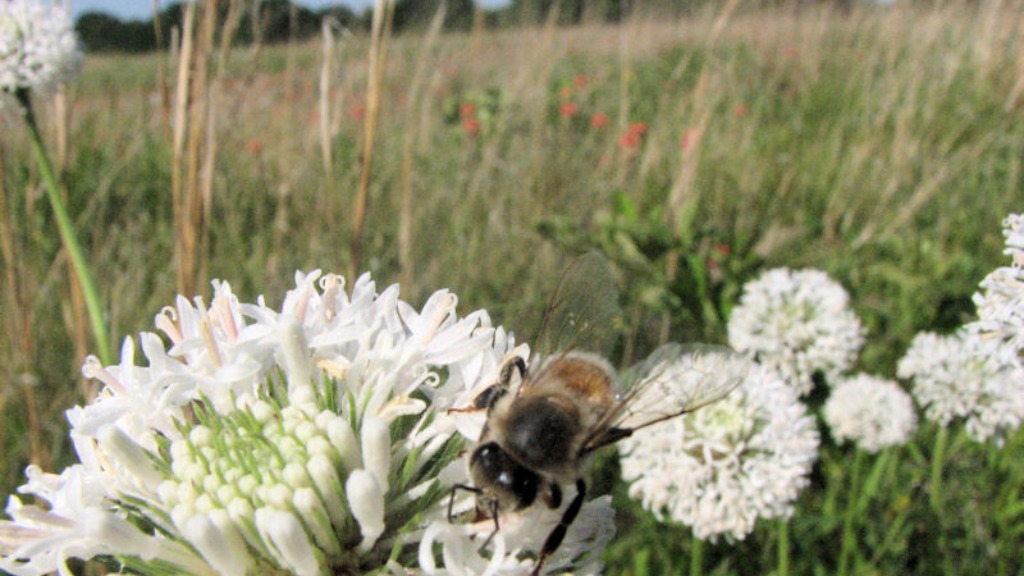The U.S. government estimates that honeybees provide $15 billion worth of pollination services to America’s farms every year. So it’s throwing $3 million at them in the Midwest, announcing a new effort to help farmers and ranchers grow plants that furnish bees with healthier diets.
The U.S. Department of Agriculture says it will use the funds “to promote conservation practices that will provide honey bees with nutritious pollen and nectar while providing benefits to the environment.” The pollen and nectar will come from such sources as cover crops and high-quality pastures.
It’s another little step by the government to boost hives’ chances of survival. Forcing bees to subsist on the pollen and nectar of crops alone can leave them sickly.
“It’s a win for the livestock guys, and it’s a win for the managed honeybee population,” USDA official Jason Weller told Al Jazeera. “And it’s a win then for orchardists and other specialty crop producers across the nation because then you’re going to have a healthier, more robust bee population that then goes out and helps pollinate important crops.”
The funding should help provide some protection from colony collapse to beekeepers in Michigan, Minnesota, North Dakota, South Dakota, and Wisconsin.
What the bees also desperately need, of course, are stricter regulations governing the use of neonic pesticides, like those in Europe. But the feds aren’t so anxious to offer that kind of help.



